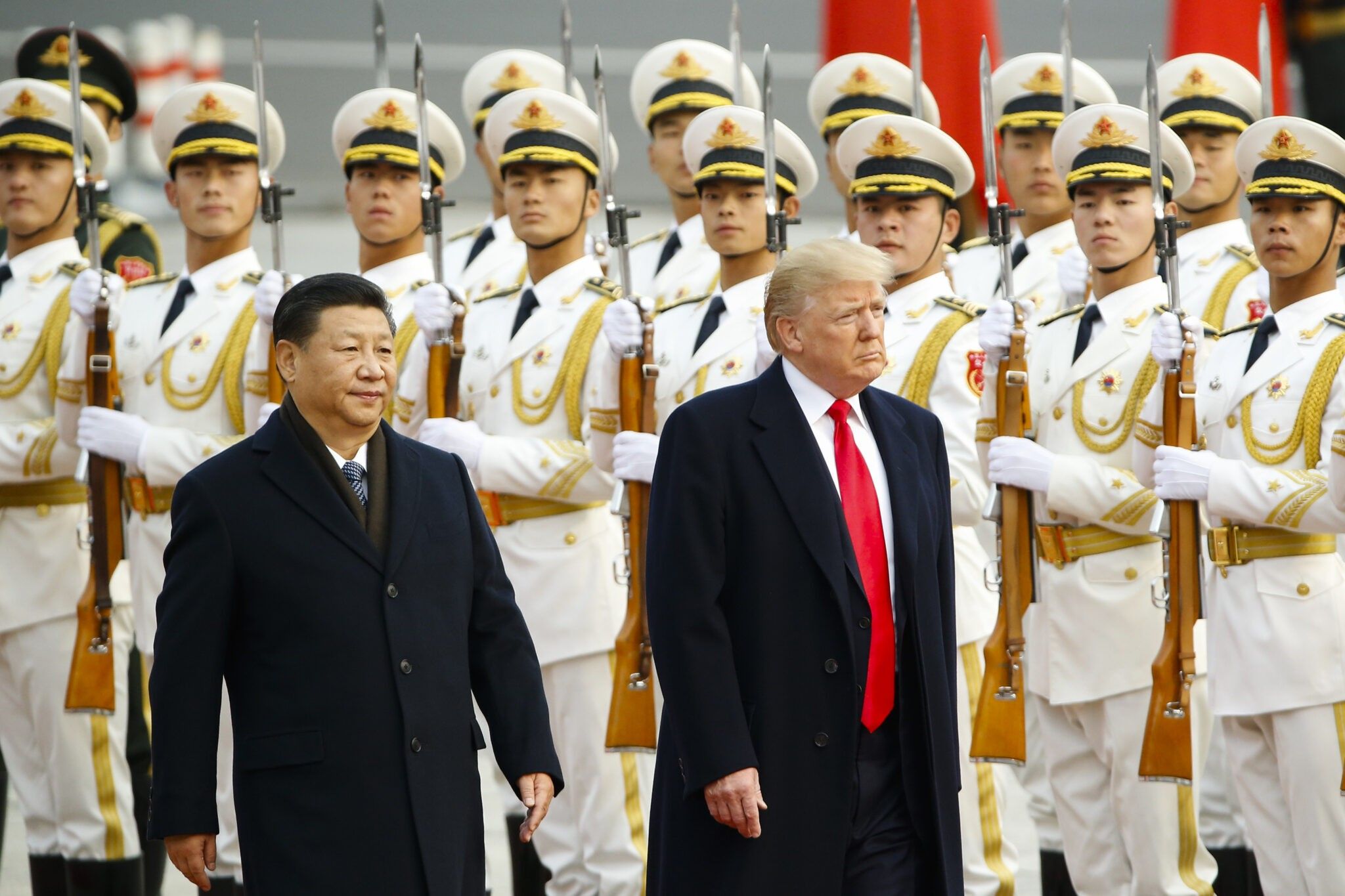A day after the United Nations Security Council unanimously endorsed a U.S.-backed cease-fire proposal for Gaza, both Israel and Hamas emphasized on Tuesday that they were open to the plan, even as it remained unclear whether either would formally embrace it.
An Israeli government official said in a statement that the proposal “enables Israel to achieve” its war goals, including destroying Hamas’s capabilities and freeing all the hostages in Gaza. But the official, who could be quoted on condition that their name and office be withheld, stopped short of saying whether Israel would accept the agreement. Prime Minister Benjamin Netanyahu has repeatedly declined to take a firm stand on the plan.
A senior Hamas official, Husam Badran, said the group had “dealt positively” with the proposal despite “no clear and public stance” from the Israeli government. Earlier on Tuesday, Secretary of State Antony J. Blinken had said that the fate of the deal rested with Hamas’s top leader in Gaza, Yahya Sinwar, who has not said whether he supports it.
“All parties involved and following the negotiations know: Netanyahu is the sole obstacle to reaching an agreement that would end the war,” Mr. Badran said in a text message.
The statements offered little clarity to the fate of a cease-fire proposal that President Biden made public a week and a half ago in an effort to speed an end to the fighting. The 14-0 vote in the U.N. Security Council supporting the proposal came as Mr. Blinken met with Israeli leaders on his eighth wartime visit to the Middle East to press Hamas and Israel to agree to a cease-fire.
Speaking to reporters in Tel Aviv, Mr. Blinken sought to put the onus directly on Mr. Sinwar, Hamas’s top official in Gaza, asking whether the group would act in the best interests of the Palestinian people by accepting the deal. At least, he said, it would pause the fighting and allow more humanitarian aid to flow into Gaza.
Alternatively, he said, Hamas could be “looking after one guy,” Mr. Sinwar, who is thought to be hiding underground in Gaza, “while the people that he purports to represent continue to suffer in the crossfire of his own making.”
Mr. Blinken said he had received explicit assurances from Mr. Netanyahu in their meeting on Monday that he supported the proposal. The Israeli leader sowed doubts last week when he called the idea of a negotiated permanent cease-fire — which Hamas has called essential — a “nonstarter.”
Mr. Netanyahu has said he will not accept any deal that ends the war before Israel is ready, even as experts cast doubt on whether its war goals can be achieved. The Israeli government official who released the statement on Tuesday doubled down on that view, saying: “Israel will not end the war before achieving all its war objectives: destroying Hamas’ military and governing capabilities, freeing all the hostages and ensuring Gaza doesn’t pose a threat to Israel in the future. The proposal presented enables Israel to achieve these goals and Israel will indeed do so.”
But at the Security Council on Monday, Israel’s representative pointedly did not say whether her country backed the cease-fire proposal endorsed in the resolution.
transcript
transcript
United Nations Security Council Backs Gaza Cease-Fire Resolution
Fourteen of the 15 members on the U.N. Security Council, with Russia abstaining, voted in favor of adopting a proposal calling for a permanent cease-fire in Gaza. Neither Israel nor Hamas has formally embraced the plan.
-
“14 votes in favor, zero votes against, one abstention. The draft resolution has been adopted as resolution 2735.” “Colleagues, the cease-fire deal would pave the way toward an enduring cessation of hostilities and a better future for all. As President Biden acknowledged just the other day, the Palestinian people have endured sheer hell in this war started by Hamas. There’s an opportunity to chart a different course.”
The resolution adopted by the Security Council calls for an immediate cease-fire and negotiations on reaching a permanent end to fighting, and says that if those talks take longer than six weeks, the temporary truce would be extended. That appears to open the door to a longer pause in the war, one that some Israeli leaders have been loath to accept.
Mr. Blinken emphasized that “the commitment in agreeing to the proposal is to seek that enduring cease-fire,” adding: “But that has to be negotiated.”
Along with the immediate cease-fire, the first phase of the three-phase agreement calls for the release of all hostages being held in Gaza in exchange for a larger number of Palestinians being held in Israeli prisons, the return of displaced Gazans to their homes and the full withdrawal of Israeli forces from the territory.
The second phase calls for a permanent cease-fire with the agreement of both parties. The third phase would consist of a multiyear reconstruction plan for Gaza and the return of the remains of deceased hostages.
Mr. Blinken called the Security Council vote a sign that Hamas would be isolated if it does not agree to the proposed deal. The resolution “made it as clear as it possibly could be that this is what the world is looking for,” Mr. Blinken said.
Adam Rasgon and Aaron Boxerman contributed reporting.



















Discussion about this post